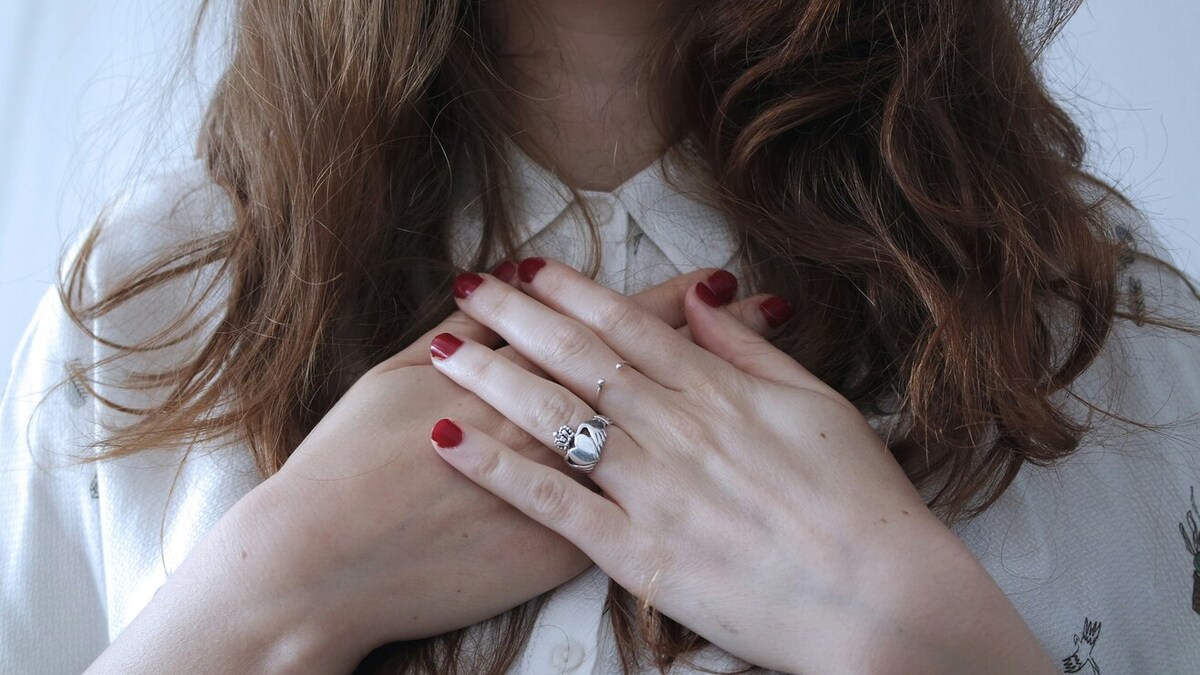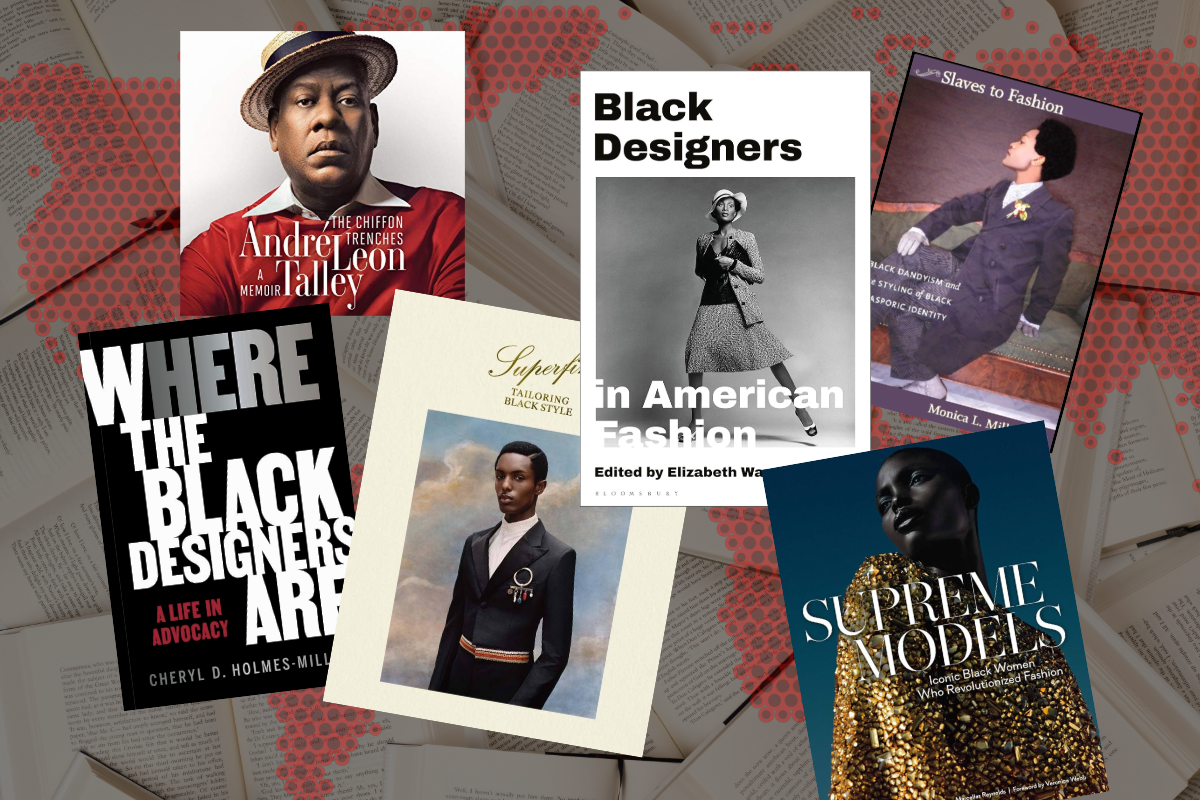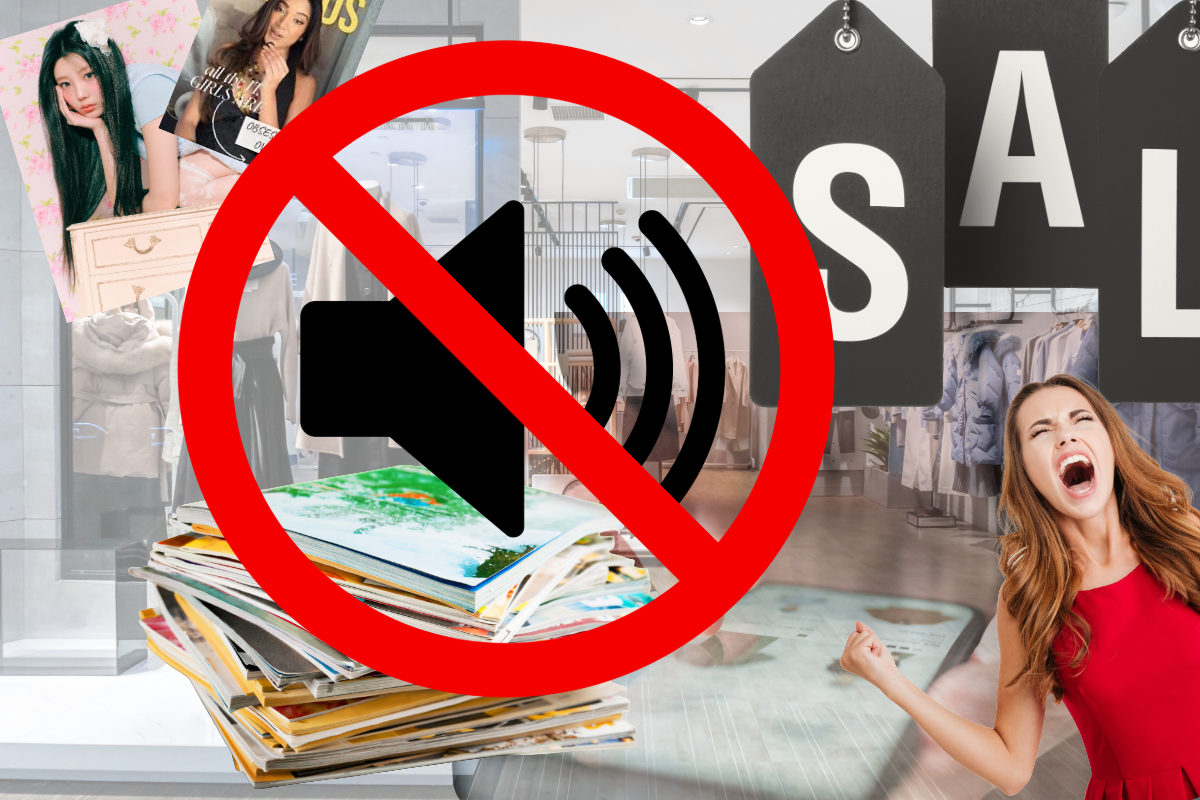Many people say, “don’t judge a book by its cover.” But we are books, our clothes are our cover, and we get a general first impression from the cover.
Clothes can give us an idea of someone’s personality, where they come from, and what they stand for. Do they look for comfort, glamour, or a blend of both? Do they wear classic clothes, or are they wearing an emerging trend? Our relationship with clothes is, in many ways, a reflection of the relationship that we have with ourselves. Do we give ourselves enough time to see how we feel in the clothes we are wearing and connect with our body or are we rushing it to get to work as quickly as possible? Do we like our clothes because of how they fit and look or because we have received multiple compliments? What influences my clothing selection the most, the way I perceive myself or the way others perceive me?
The answers to these questions change frequently depending on our mood, the experiences that we are living, and how we are living them, but above all, our relationship with clothes must be a respectful one. This way, we’ll ensure we can get the most out of our clothes without losing ourselves in the fast and vast world of fashion.
FAST FASHION AS THE DISPOSABLE LOVER

Before the Industrial Revolution, clothes were made by hand. The work that went in those cotton dresses and linen suits that people wore to go out in the morning was insane. This hard work translated into a significant expense. Since sewers would take hours to create a full suit, they had to charge for those hours of work. So, the consumers were very mindful of the clothes they were wearing. They understood their value. They did their best to wash them, dry them and fold them with delicacy and respect to make their clothes last as long as they possibly could. People had a very long relationship with their clothes. They understood their true value. They purchased what they needed and did their best to take advantage of them.
In contrast, in the 21st century, outfits can cost less than lunch, and fashion companies launch new products every week. Wearing a new outfit is not a possibility exclusive to the wealthy anymore. However, fashion is moving so fast that we don’t have enough time to reflect on the value and the fulfilling experience of purchasing new clothes for ourselves. Now we have a very short relationship with our clothes, an affair that ends as soon as a new trend or sale comes up. We don’t even get to see the true potential of our most recent purchase as we are already looking for the next one.
The romanticism of a long relationship with clothes vanishes with the arrival of a bigger volume of clothes. But what is the purpose of having too much if you can’t see what it’s worth?
Isn’t it better to have fewer clothes you genuinely love and respect rather than having a bunch of stuff you are unfamiliar with?
I WEAR THE CLOTHES | THE CLOTHES DON’T WEAR ME

In a relationship, both parties are equal. Each party deserves respect, honesty, trust, and the values that the couple agrees to follow. The same thing happens with clothes.
You go to a clothing store and try something on. The clothes don’t fit. Maybe the size is off, perhaps the fit is weird, and maybe it looked slightly different in the mannequin. But instead of thinking that the clothes you are trying on may have some design issues due to poor manufacturing or mediocre patternmaking, you blame yourself and your body for not looking spectacular in the clothes and “fitting in the mold.” You think you the skirt should fit you because it’s a specific size. You were hoping that the shirt didn’t look too tight against your tummy, but it does.
Having a healthy and respectful relationship with clothes starts with choosing brands, clothes, and silhouettes that won’t make us feel uncomfortable and ashamed of our bodies. Do you really want to be in a relationship with someone who doesn’t respect who you are and the way you look? Aren’t there two parties in a relationship? Don’t take the blame for everything that goes wrong when trying new clothes. More often than not, it is a design error.

We rarely question why fashion companies only design for a specific size range or body size, but we should start to do so more often. They don’t change their size ranges or designs to be more welcoming to various sizes because consumers are willing to shame their bodies, wear tight shapewear, and do whatever it takes to get into that garment. Why would fashion companies make changes that cost them time and money if we are still buying them?
Be aware of the brands that carry clothes that make you feel happy and proud of who you are and how you look because looking spectacular is a right we should all have. Celebrating and recommending the clothes that give you a positive experience is a great way to encourage more fashion companies to invest time, effort, and money in this critical task. Look for people and clothing companies that respect and accept who you are.
A LIFETIME OF PASSION AND PLEASURE

A passionate relationship with your clothes that empower who you are. Winnie Harlow wears lace lingerie. Image Courtesy of The Sun.
As kids, our creativity to play with toys was surreal. Kids who played with dolls sat and had tea with them, but they also ran in the park with them, and then they read books together and became best friends. Kids who played with cars created races with objects, furniture, and anything around them to make the best obstacle race in the history of car races.

When we love our objects, there is a passion inside us that encourages us to keep doing different things with them. It happened with our favorite toy, and it can happen with our clothes as well. Having this inner creativity of creating different combinations and outfits with our clothes will make us feel more excited about them. In today’s fashion, we are styling different prints in one outfit; we curate looks with layers. We mix high fashion with affordable fashion to reinvent ourselves and look at something that makes us happy. We will keep taking good care of them, and we can explore their true potential.
LOVING YOUR CLOTHES IS NOT SUPERFICIAL

There’s the person who just bought a new designer bag and protects it from dirt from heavyweight. Maybe this person even refuses to put the bag on the floor or on top of a “dirty surface.” There’s also the stereotype of the man who loves his car so much that he cleans it every week, protects it from the sun, and drives it proudly, protecting it from the aggressive drivers who want to hurt the “baby.” That’s how we know we care about our things, and although it may seem or sound as superficial to take good care of an object, it is a behavior of respect and attentiveness to the things we own and value. This good care goes beyond monetary price or uniqueness. Clothes and accessories bring us memories and remind us of someone, something, or somewhere. They may have belonged to someone else, or they are simply a piece we consider beautiful and valuable. What is special to you might not be special to the person sitting next to you, and there’s nothing wrong with that.

There is a very big misconception about getting ready to go out. Investing time in your hair, makeup, and putting together an outfit is a great form to express love and respect for yourself. Curating yourself as if you were an art gallery, with accessories that can be as modest as a thin chain or a simple bracelet, can make a huge difference in the way an outfit looks, but most importantly, in the way you feel. There are clothes meant for special occasions like tuxedos or evening gowns, but there are other clothes that we may love so much, and we keep them stored waiting for a special occasion. Sometimes the special occasion happens, other times we wait too long for them to happen, but there are also times when we create special occasions out of a regular day, and many times this starts to happen with a wardrobe decision.
So whenever you see a statement shoe, an exotic piece of jewelry, a great jacket, or any piece that you consider special, make sure you create a special occasion for this piece and don’t leave it abandoned in your closet. After two years of pandemic, we learned that there are moments and situations that are not coming back, and on many occasions, it’s better not to wait “till something happens” in order to dress up or look good.
RESPECT THROUGHOUT THE LIFE OF THE CLOTHES

In the same way, we deserve respect from fashion companies and clothes; we should respect the clothes we buy and own throughout their life. This respect will give the clothes a considerably longer life expectancy, and you would reduce the number of clothes you throw away and buy in the long term.
The information about washing and taking care of our clothes is truly accessible. Most of the time can be found online under the product description and most certainly in the tag inside the clothes. That information is given to us for a reason, and it does make a difference when you wash your clothes with cold or warm water, by hand or by machine, and if you hang dry or not.
Take the time to know your clothes, what do they like, what can damage them, and what you can do in order to make them look good for a longer period of time. These acts of respect towards your clothes will benefit both parties because the clothes will be there for you, and you will look and feel wonderful wearing them.

In a world of fast fashion, filters, dating apps, and a strong desire for instant gratification, it is very likely that we’ll find signs of disrespect along the way. Body shaming, stereotypes, and discrimination are some of the ways in which disrespect shows up.
People want to be seen, accepted, listened to, and desired. In the process of doing so, they lose themselves pursuing fashion that doesn’t fit them and doesn’t represent who they are. Still, they accept being disrespected because that’s how much they want to be accepted. This superficial and obscure side of fashion is the most well-known and the reason why many people don’t think fashion should be relevant in their daily life.
But clothes are not going away any time soon. In most jobs, we are still required to wear them. When we walk in the street, when we sit in our desk, when we go for a run, when we travel, we have an opportunity to express ourselves through our clothes. We have an opportunity to connect respectfully with this communication tool that can help us boost our self-confidence. We are in control of how we relate to them, and it’s up to us if we want to be in a submissive relationship with fashion or if we are equals. This is Political Fashion.







